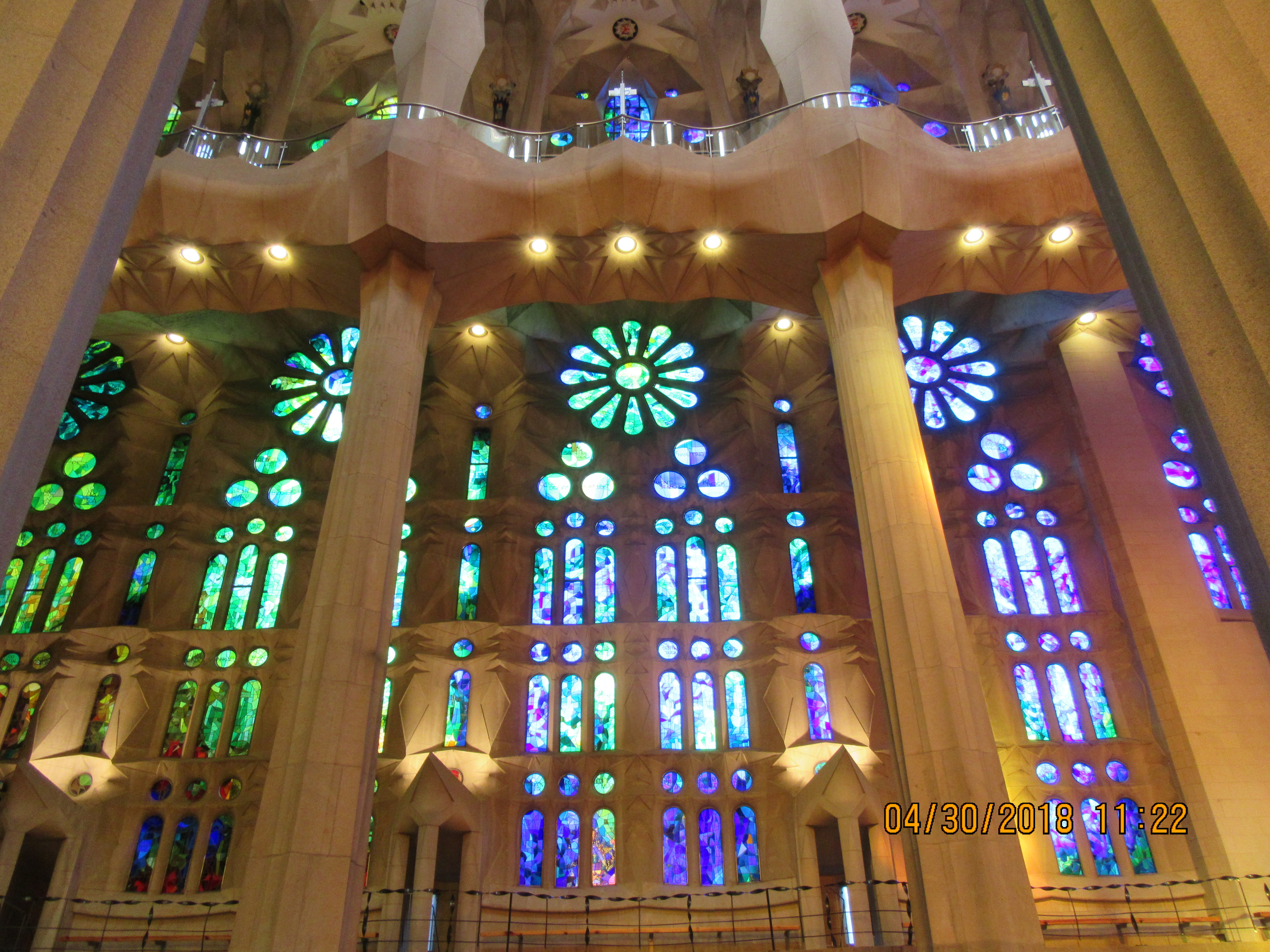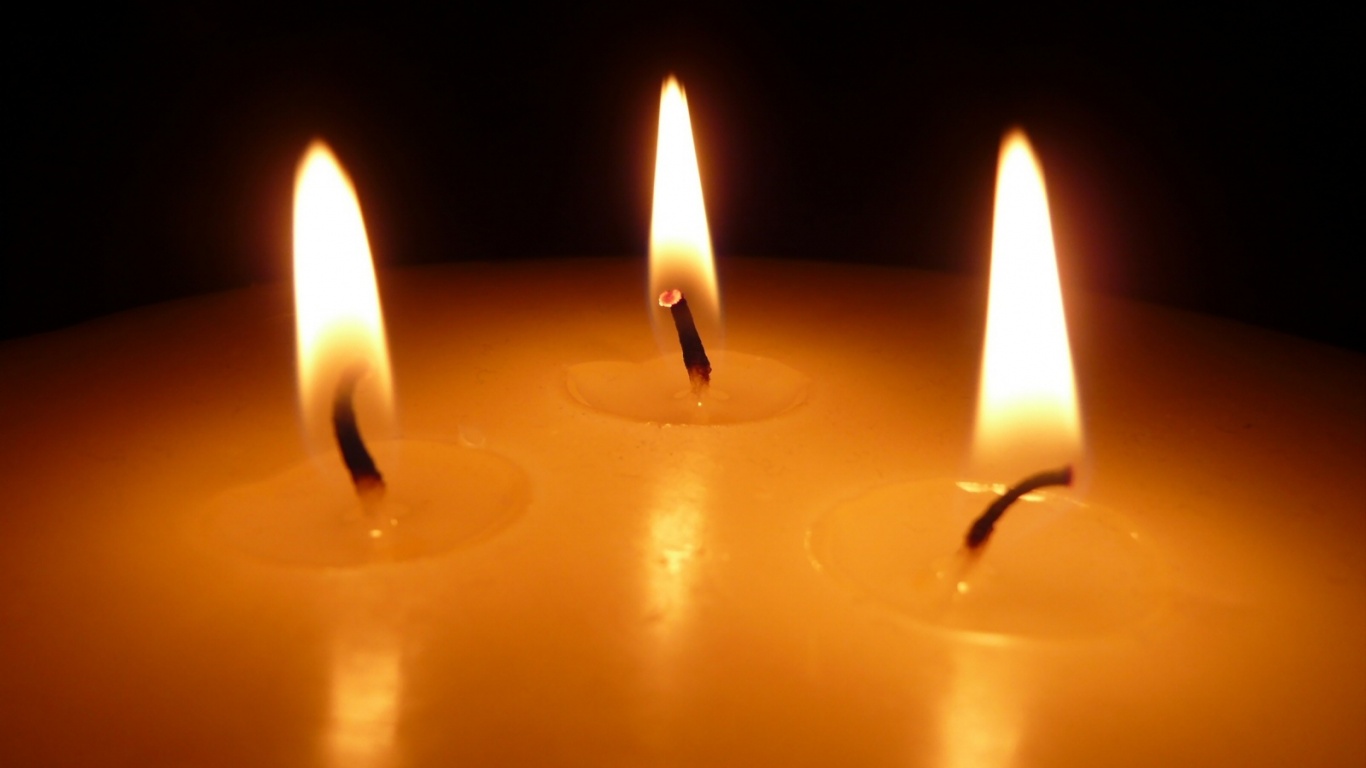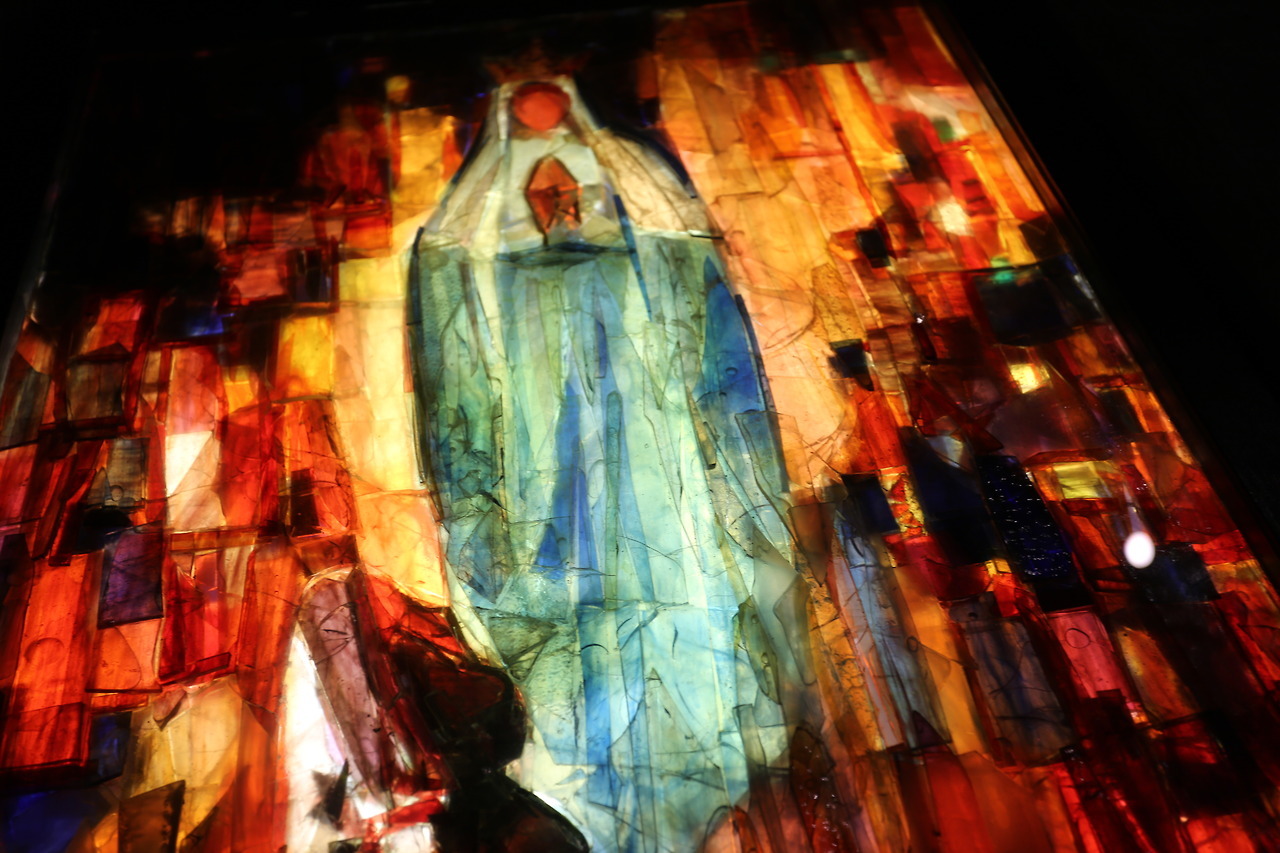Dn. 7: 13-14; Ps. 93: 1, 2, 5; Rev. 1: 5-8; Jn. 18: 33b-37
For the past weeks the readings have been about the coming of the messiah and his kingdom. The kingdom is not of this world but with today’s celebration of the Solemnity of Our Lord Jesus Christ, King of the Universe we recognize he is not of this world but is in this world. “The Lord is King, he is robed in majesty. Jesus Christ is the first born of the dead and ruler of the kings of the earth.” If Jesus Christ is ruler of the kings of the earth then why is there so much evil still in this world? The world is becoming more secular and leaders of nations feel no obligation to a “higher power” we call God. The answer lies in his priests, prophets, and kings that is to say his kingdom is in us and the difference we make in this world.
There is a group of religious called the Sisters of Divine Providence whose devotion and faith is based on the belief God is working with us, through us, and in us for his divine plan and if we belong to the “peoples, nations and languages (who) serve him” his divine providence will be seen in this world. The hand of God is leading us and in our prayer life we discern the will of the Father and our joy.
Today is the final Sunday of the Church year. This is our “New Year’s Eve”. It marks the end of all our offerings of love, service, and worship to God this past year and a time for reflection. Taking time to reflect on “the big picture” of our life, am I closer to God? Is our family living the faith we profess in Church at home? What about this community of St. Francis Xavier, is there life in the church and how do we contribute to this life as a stronger community of faith? Just like in any New Year’s resolution it begins by looking back at the path we have followed and how we have made God the center of this journey of life we follow.
This is also a Sunday to give thanks for all the blessings this past year. If we count our blessings one by one, we realize we would never come to an end in recognizing how good God is and how much more we could receive if we live the gospel message “let thy will be done on earth as it is in heaven.” These days there seems to be a renewed interest in journaling but unlike in the past when you looked for a nice cover journal with blank pages to write on the new method is guided more like a planner. These journals help in setting priorities for each day, recording achievements, evaluating progress, and planning for the future. You establish your goals for recreation, education, career, nutrition, personal development, name it track it! This Sunday we should make our New Year’s resolution to name our spiritual goals or God’s call for this coming year. Name it, prayer life, service, charity, family devotions, adoration with the Lord, visiting nursing homes, church life and then consider the endless list of opportunities to fulfill those goals. The opportunities are here then track it. God is not done with us yet. Jesus’ prayer is for unity that we may all be one as he is in the Father that we may be in him. This is God’s call for a personal relationship with his Son our Lord Jesus Christ, King of the Universe.
As we take time to look back on this year we can be the judge of our life with God. We begin by recognizing how faithful were we to coming to Mass, going to confession when we missed Mass or when we knew we had sinned against God and neighbor. For what we did to others we did to God, good and bad, feed the hungry or neglect the orphan God was present. With the end of the year comes Advent. Advent comes from the Latin meaning for “coming” and is a time of preparation for the coming of Jesus Christ his year in our lives. It is a time of joy and self-preparation for receiving more of Jesus in our hearts. Christ the King is with us but how much of him we receive depends on our self-preparation. This Sunday we can make a resolution for greater self-preparation for the coming year that we may experience his divine providence daily with joy. There was a time when I was very traditional with all my New Year’s resolutions in the secular world. It included goals to lose weight, exercise more, lower my cholesterol, or read more. Over the years at some point it took a turn towards areas of human development such as to be more patient, have greater humility, and “come out of my shell” meaning less introverted. As part of the diaconate formation we were asked to set goals for spirituality, service, study, and then track it. This was our form of journaling.
Let us consider how we would establish our spiritual goals for the coming year. The first thought is our prayer life. Consider when we pray, morning upon rising, for meals during the day, at bedtime or even as we drive to work or school. Consider how we pray with set prayers, the rosary, the chaplet of divine mercy, as a family, in our own words, by coming to adoration, and in the celebration of the Eucharist in Mass. Consider what we pray, our adoration of God, our contrition, our supplication and our thanksgiving for the blessings of the day, the moment, the answered prayer. What about our Sacraments? This is the call for coming to Confirmation, Convalidation of Marriage, coming into full communion in the Church through Rite of Christian Initiation. Call and set up an appointment to see a priest and prepare to receive the fullness of faith.
What about penance as a spiritual goal in atonement for our sins and those of someone we know or for the whole world? Penance is not high on the list of many in fact we generally only reflect on penance when we go to confession. Have you ever wished you could intervene to help someone who was committing sin but felt helpless in that situation? You hear, pray for them. Prayer is a form of penance, an offering of self for others. When we go to confession we may have the priest say as a form of penance something like “say an Our Father and three Hail Mary’s”, or read a particular scripture or prayer card. It is penance that is very specific in its action. When we make an offering of penance in our prayer it becomes very specific in nature, praying a set number of rosaries, coming to a set number of Saturday devotions in Mass, name it, track it. Penance not only helps to purify us, it also serves to work in the mystery of God’s love for all his people, his plan of salvation, the greater good and in divine providence.
One thing I am discovering is that age plays tricks on memory unless you write it down where you can review it and even use that review as a form of prayer and reflection. Now if I see a rise in sales for journals this week, I am not making a pitch for “Black Friday” or “Cyber Monday” shopping. Society is ruled by the power of the almighty dollar which if you notice continues to lose value and buying power. Its’ value changes by the politics and economics of the world yet this is what governs a Godless nation and peoples. Our king and kingdom is not of this world and its value is endless, constant, and universal. Christ the King gives us an eternal wedding feast (Rv. 19:9) and in the Mass we participate and receive what is eternal, good, blessed, and personal. We are not alone in this celebration. With us are our faithfully departed loved ones, the saints, and our Blessed Mother who we will see again in his coming.
I will give thanks that God can use this to guide a soul to him and for a greater good. This is the time for our spiritual new year’s resolutions. So many graces are lost for the unprepared soul. It is with thanksgiving that we end the year and with joy that we prepare for the coming year. Let us be a well prepared soul for his coming is at hand. Let us be ready to answer the call of our King of Glory and live in his kingship.
Tags














Recent Comments